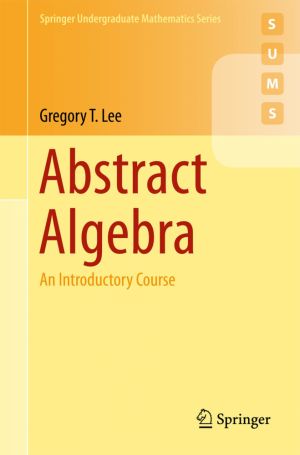
This carefully written textbook offers a thorough introduction to abstract algebra, covering the fundamentals of groups, rings and fields. The first two chapters present preliminary topics such as properties of the integers and equivalence relations. The author then explores the first major algebraic structure, the group, progressing as far as the ...
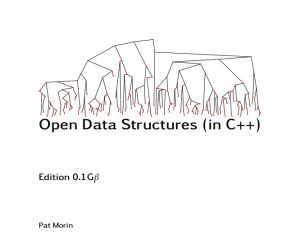
There are plenty of books that teach introductory data structures. Some of them are very good. Most of them cost money, and the vast majority of computer science undergraduate students will shell out at least some cash on a data structures book.
Open Data Structures (in C++) - The goal of this project is to free undergraduate computer science stud...
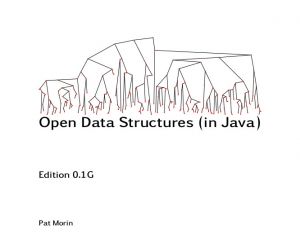
There are plenty of books that teach introductory data structures. Some of them are very good. Most of them cost money, and the vast majority of computer science undergraduate students will shell out at least some cash on a data structures book.
Open Data Structures (in Java) - The goal of this book is to free undergraduate computer science stud...
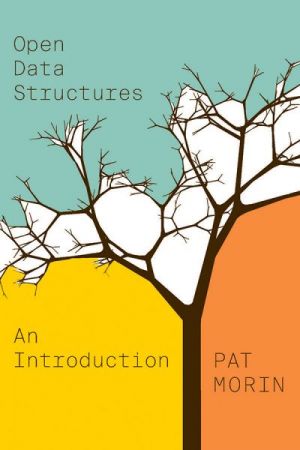
Offered as an introduction to the field of data structures and algorithms, Open Data Structures covers the implementation and analysis of data structures for sequences (lists), queues, priority queues, unordered dictionaries, ordered dictionaries, and graphs. Focusing on a mathematically rigorous approach that is fast, practical, and efficient, Mor...
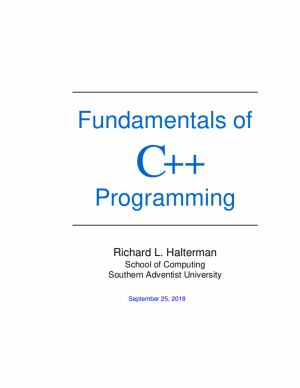
Bjarne Stroustrup of AT&T Bell Labs created C++ in the mid 1980s. C++ is an extension of the programming language C, a product of AT&T Bell Labs from the early 1970s. C was developed to write the Unix operating system, and C is widely used for systems-level software and embedded systems development.
C++ initially provided object-oriented...
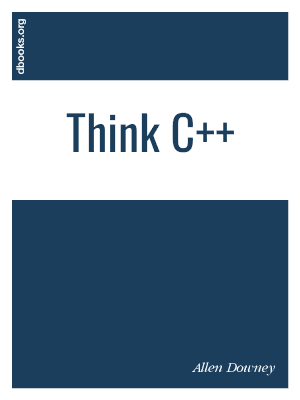
Think C++ is an introduction to programming using the C++ programming language. I originally wrote it to help students prepare for the Computer Science AP exam (when the exam was in C++)....
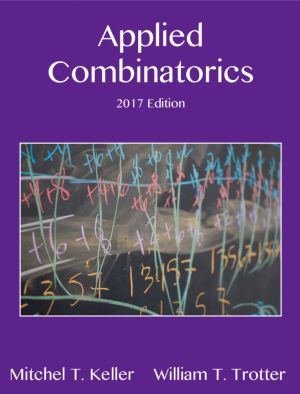
Applied Combinatorics is an open-source book for a course covering the fundamental enumeration techniques (permutations, combinations, subsets, pigeon hole principle), recursion and mathematical induction, more advanced enumeration techniques (inclusion-exclusion, generating functions, recurrence relations, Polyá theory), discrete structures (grap...
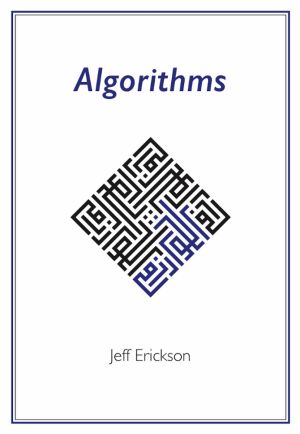
Algorithms are the lifeblood of computer science. They are the machines that proofs build and the music that programs play. Their history is as old as mathematics itself. This book is a wide-ranging, idiosyncratic treatise on the design and analysis of algorithms, covering several fundamental techniques, with an emphasis on intuition and the proble...
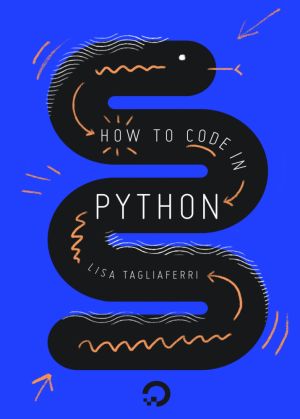
Extremely versatile and popular among developers, Python is a good general-purpose language that can be used in a variety of applications. For those with an understanding of English, Python is a very humanreadable programming language, allowing for quick comprehension. Because Python supports multiple styles including scripting and object-oriented ...
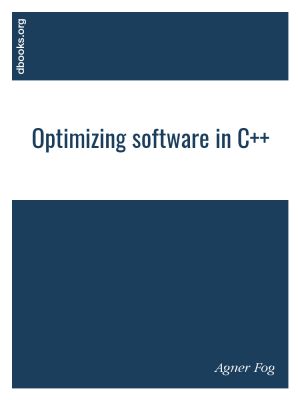
This is an optimization manual for advanced C++ programmers. This book are not for beginners.
Topics include:
- The choice of platform and operating system.
- Choice of compiler and framework.
- Finding performance bottlenecks.
- The efficiency of different C++ constructs.
- Multi-core systems.
- Parallelization with vector operations.
- CPU dispa...
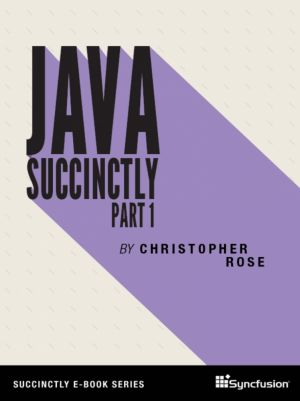
Java is a high-level, cross-platform, object-oriented programming language that allows applications to be written once and run on a multitude of different devices. Java applications are ubiquitous, and the language is consistently ranked as one of the most popular and dominant in the world. Christopher Rose's Java Succinctly Part 1 describes t...
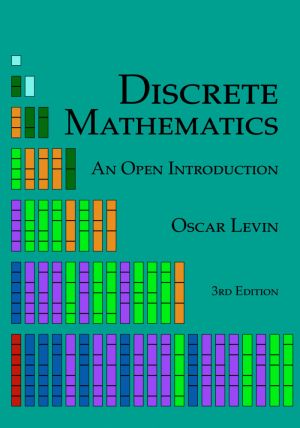
Discrete Mathematics: An Open Introduction is a free, open source textbook appropriate for a first or second year undergraduate course for math majors, especially those who will go on to teach. Since Spring 2013, the book has been used as the primary textbook or a supplemental resource at more than 75 colleges and universities around the world (see...
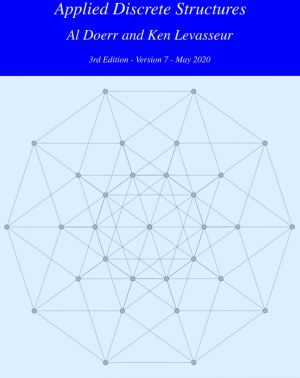
Applied Discrete Structures, is a two semester undergraduate text in discrete mathematics, focusing on the structural properties of mathematical objects. These include matrices, functions, graphs, trees, lattices and algebraic structures. The algebraic structures that are discussed are monoids, groups, rings, fields and vector spaces.
Applied D...
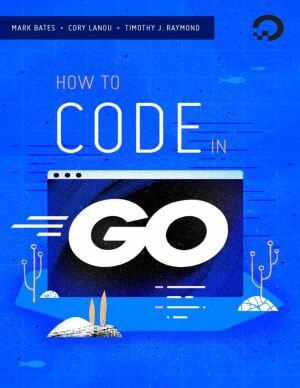
This book is designed to introduce you to writing programs with the Go programming language. You'll learn how to write useful tools and applications that can run on remote servers, or local Windows, macOS, and Linux systems for development.
The topics that it covers include how to:
- Install and set up a local Go development environment on...
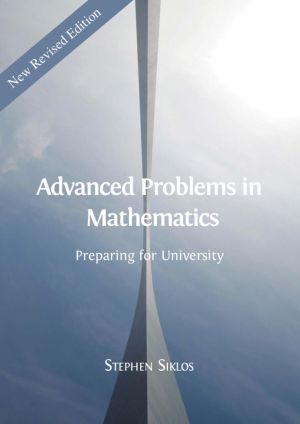
This new and expanded edition is intended to help candidates prepare for entrance examinations in mathematics and scientific subjects, including STEP (Sixth Term Examination Paper). STEP is an examination used by Cambridge Colleges for conditional offers in mathematics. They are also used by some other UK universities and many mathematics departmen...
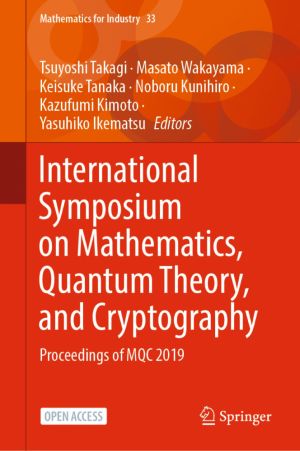
This open book presents selected papers from International Symposium on Mathematics, Quantum Theory, and Cryptography (MQC), which was held on September 25-27, 2019 in Fukuoka, Japan. The international symposium MQC addresses the mathematics and quantum theory underlying secure modeling of the post quantum cryptography including e.g. mathematical s...
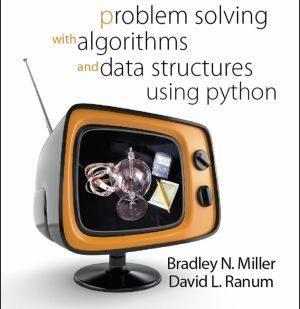
The study of algorithms and data structures is central to understanding what computer science is all about. Learning computer science is not unlike learning any other type of difficult subject matter. The only way to be successful is through deliberate and incremental exposure to the fundamental ideas. A beginning computer scientist needs practice ...
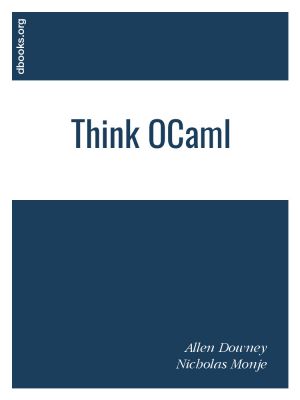
How to Think Like a Computer Scientist is an introductory programming book based on the OCaml language. It is a modified version of Think Python by Allen Downey. It is intended for newcomers to programming and also those who know some programming but want to learn programming in the function-oriented paradigm, or those who simply want to learn OCam...
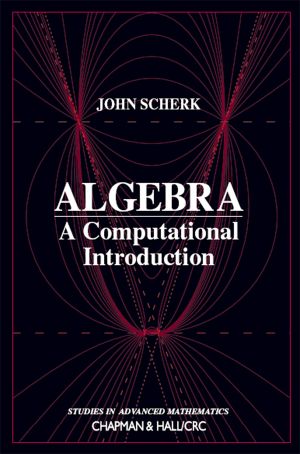
This open book is an introduction to algebra for undergraduates who are interested in careers which require a strong background in mathematics. It will benefit students studying computer science and physical sciences, who plan to teach mathematics in schools, or to work in industry or finance. The book assumes that the reader has a solid background...
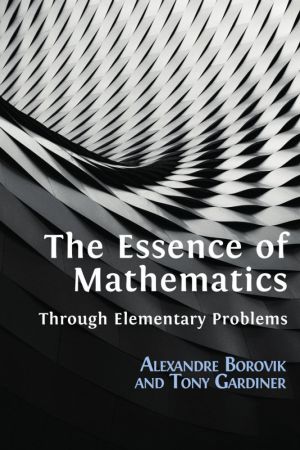
It is increasingly clear that the shapes of reality - whether of the natural world, or of the built environment - are in some profound sense mathematical. Therefore it would benefit students and educated adults to understand what makes mathematics itself 'tick', and to appreciate why its shapes, patterns and formulae provide us with preci...
